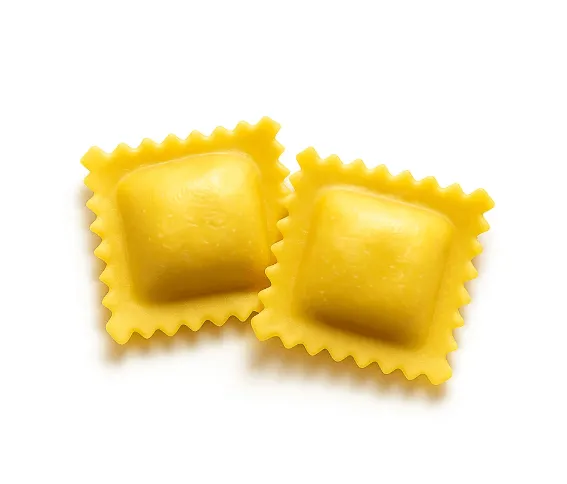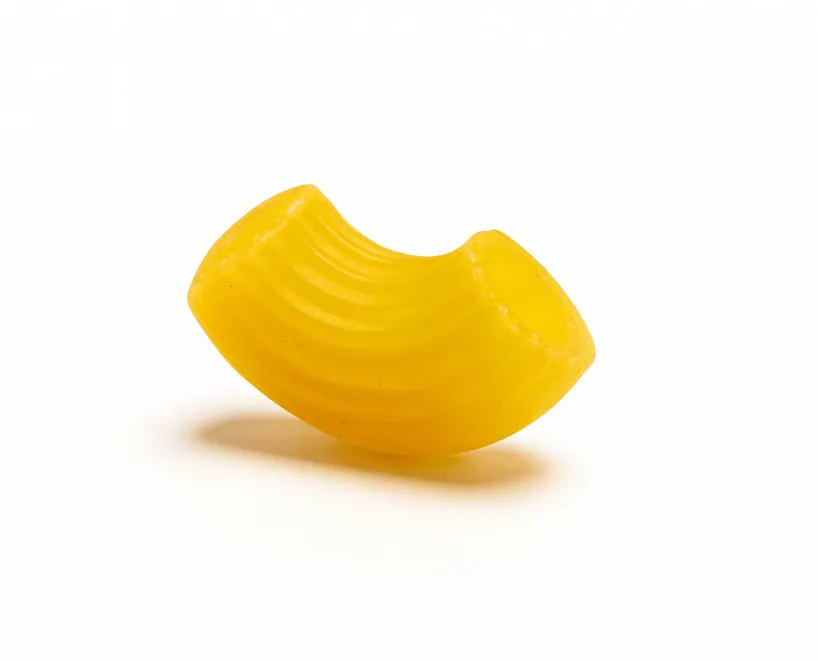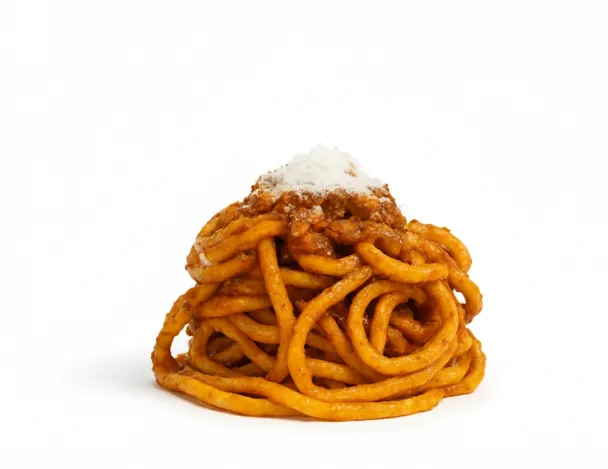 Goodbye
Goodbye
Lesson three


Lesson two
Greetings are among the most commonly used words in any language. That’s why they’re one of the first things you need to learn when studying a new language. In this lesson, you’ll discover how to say hello, good morning, and other everyday greetings in Italian. By the end, you'll be able to greet others like a native speaker and understand the nuances between formal and informal expressions.
The most common Italian word for hello is:
Ciao
Ciao, come stai?
Hi, how are you?
Ciao is friendly, versatile, and can be used at any time of day. However, it's informal, so it's best suited for casual situations, among friends, family, or colleagues you know well. You’ll notice that Italians often use it when answering the phone, too.
If you're speaking to someone older, someone you don't know well, or someone in a formal setting, like your boss, you should use a more polite greeting:
Salve
Salve, come sta oggi, signora?
Hello, how are you today, ma'am?
Salve is formal and respectful, making it suitable for both daytime and evening interactions. While slightly less common in very casual settings, it’s a safe choice when you want to show politeness.
Did you know that ciao comes from the word for slave? In medieval Venice, people used to greet each other with sciavo vostro, meaning I am your servant. This was a way of showing respect and willingness to help. Over time, this expression was shortened and evolved into ciao, which is now used all across Italy. It’s fascinating how a phrase rooted in formality became the most casual greeting today!
When addressing multiple people, Italians often say:
Ciao a tutti
Hi everyone
This expression is friendly and inclusive. For more formal group greetings, you could also use Buongiorno a tutti or Buonasera a tutti, depending on the time of day.
While ciao works throughout the day, Italians also use specific greetings depending on the time. Using the correct greeting shows cultural awareness and respect.
Buongiorno
Good morning / Good day
Used until early afternoon, typically around 1–2 PM. It can be both formal and casual.
Buongiorno, signore.
Good morning, sir.
Buon pomeriggio
Good afternoon
Used from early to late afternoon, though it is less common in casual conversation.
Buon pomeriggio a tutti.
Good afternoon, everyone.
Buonasera
Good evening
Used from around 5–6 PM until bedtime. Appropriate in both formal and casual contexts.
Buonasera, come sta?
Good evening, how are you?
Buonanotte
Good night
Not a greeting, but a farewell used when parting ways at night, typically before going to sleep.
Buonanotte, dormi bene.
Good night, sleep well.
Note: In informal speech, Italians sometimes drop the buon and simply say giorno instead of buongiorno. Context is key to sounding natural.
Buona giornata
Have a nice day
You can respond with friendly phrases such as:
Anche a te, grazie!
You too, thank you!
Altrettanto
Same to you!
When greeting someone you haven’t seen in a while, Italians say:
Quanto tempo!
It’s been a long time!
You can combine it with other greetings to sound natural:
Ciao Silvia, quanto tempo! Come stai?
Hi Silvia, long time no see! How are you?
In this lesson, you’ve learned:
With these greetings in your toolkit, you’re ready to start conversations in Italian confidently, whether you’re meeting friends, addressing colleagues, or engaging in formal interactions.
 Goodbye
Goodbye
Lesson three
 How are you
How are you
Lesson four
 Thank you
Thank you
Lesson five
 What is your name
What is your name
Lesson six
 Noun
Noun
Lesson seven
 Articles
Articles
Lesson eight